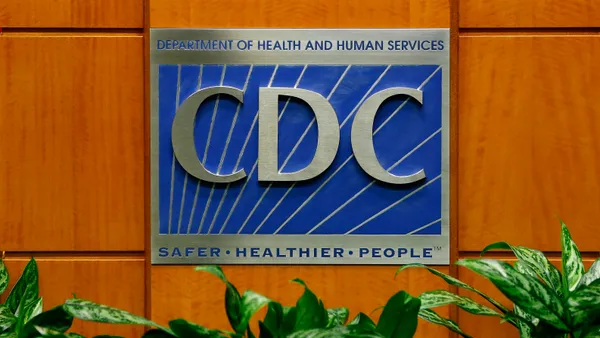Dive Brief:
- More than 1,000 HRSA-funded community health centers were awarded a total of $36.6 million to help the centers continue improving their efforts in chronic disease management, preventive care and the use of EHRs to report quality data.
- The awards are part of the ACA's program to fund and improve the quality of nearly 1,300 HRSA-supported health centers that operate more than 9,200 service delivery sites. These sites provide care to nearly 22 million patients cutting across every state, the District of Columbia, Puerto Rico, the US Virgin Islands and the Pacific Basin.
- The facilities were chosen based on their performance, with $17.7 million going to 1,058 centers that scored at least a 10% improvement in clinical quality measures between 2012 and 2013. The 361 centers that charted among the top 30% of all health centers in overall clinical outcomes received $11.2 million, and $4.9 million went to 332 centers that beat national benchmarks for EHR integration. Finally, $2.5 million went to 57 centers that surpassed benchmarks for managing chronic disease, preventive care and prenatal care, as well as other categories.
Dive Insight:
Community health centers have always played an integral role in the health system, serving as the last line of defense for uninsured patients who need care. But they have also been the problem children of the industry. Just last month, the FBI nabbed a Louisiana health center operator for racking up more than $240 million in fraudulent Medicare reimbursements.
HHS is trying to get a better handle on these health centers, but in rooting out the bad ones, sometimes the good ones suffer. That's why these awards, while relatively low by for-profit standards, are key to the success of the program. The awards help those health centers that are taking strides to improve their quality of care and sends a message to centers that aren't performing up to snuff.
Also notable was HHS' attention to those centers improving their EHR capabilities. Data can save lives, and well-managed data could not only help prevent illness in some patients, but it could also help prevent an epidemic.











